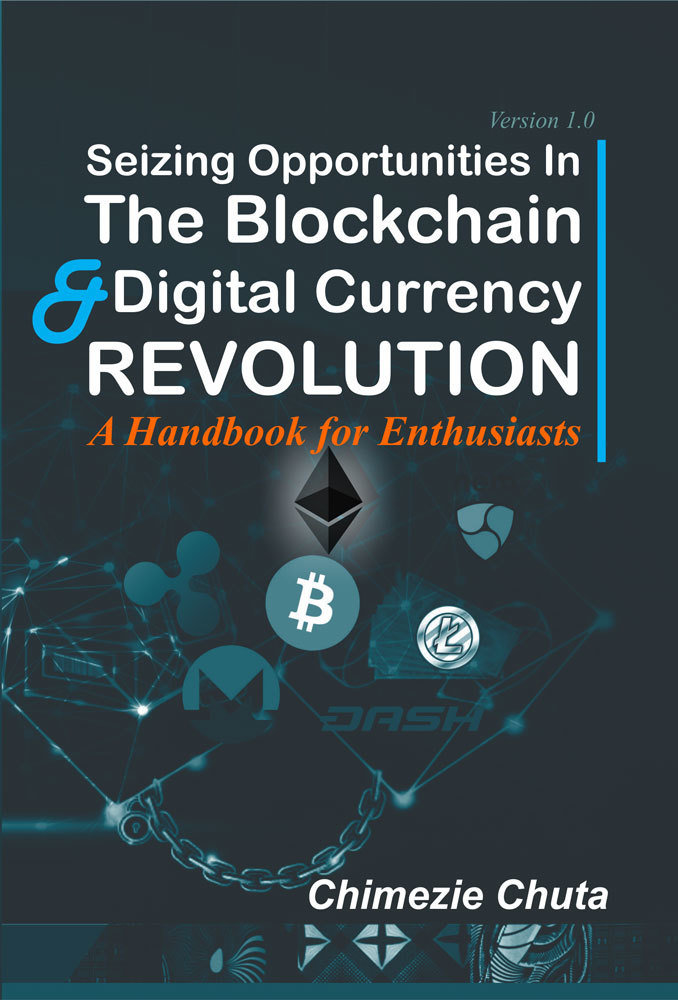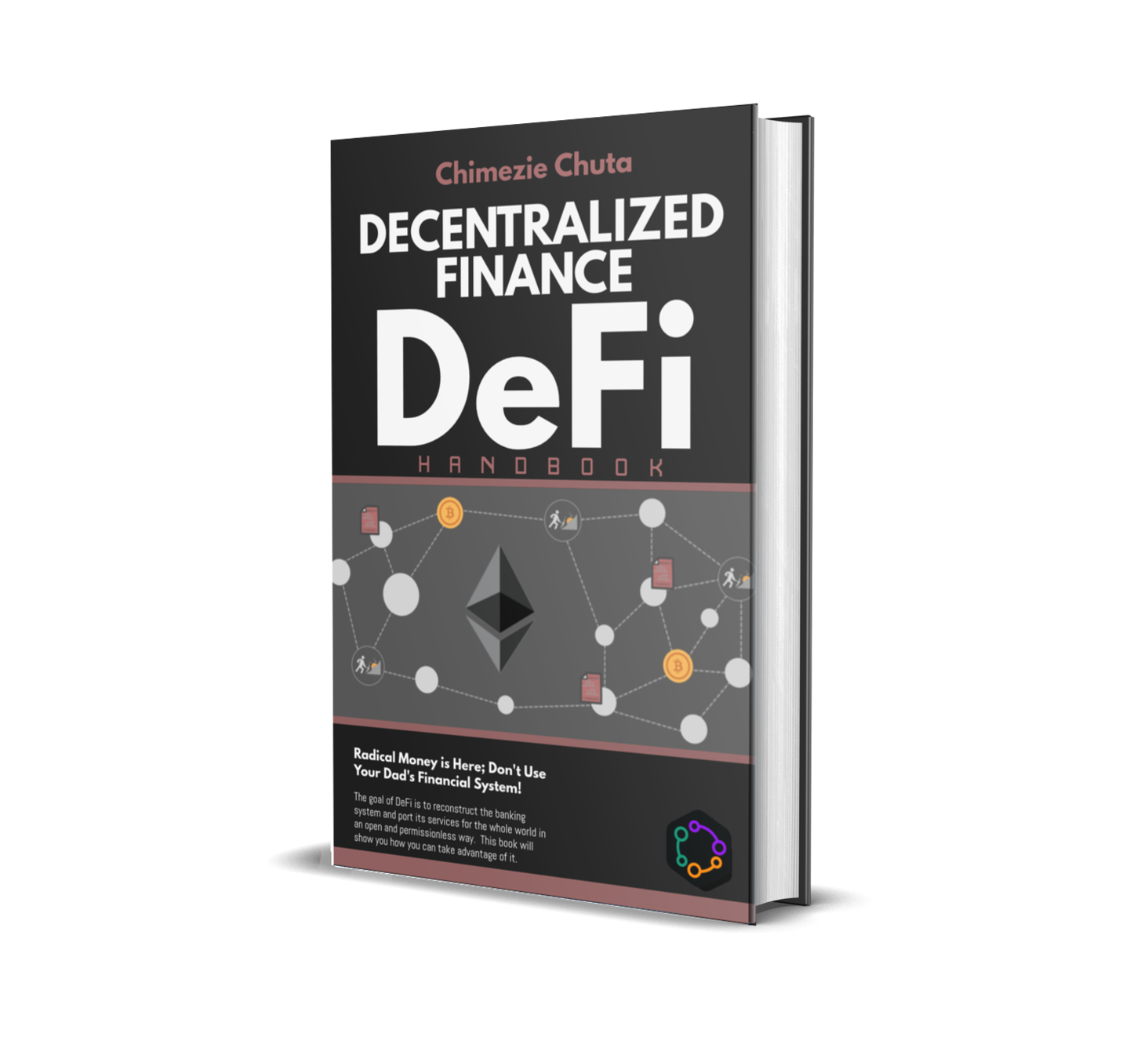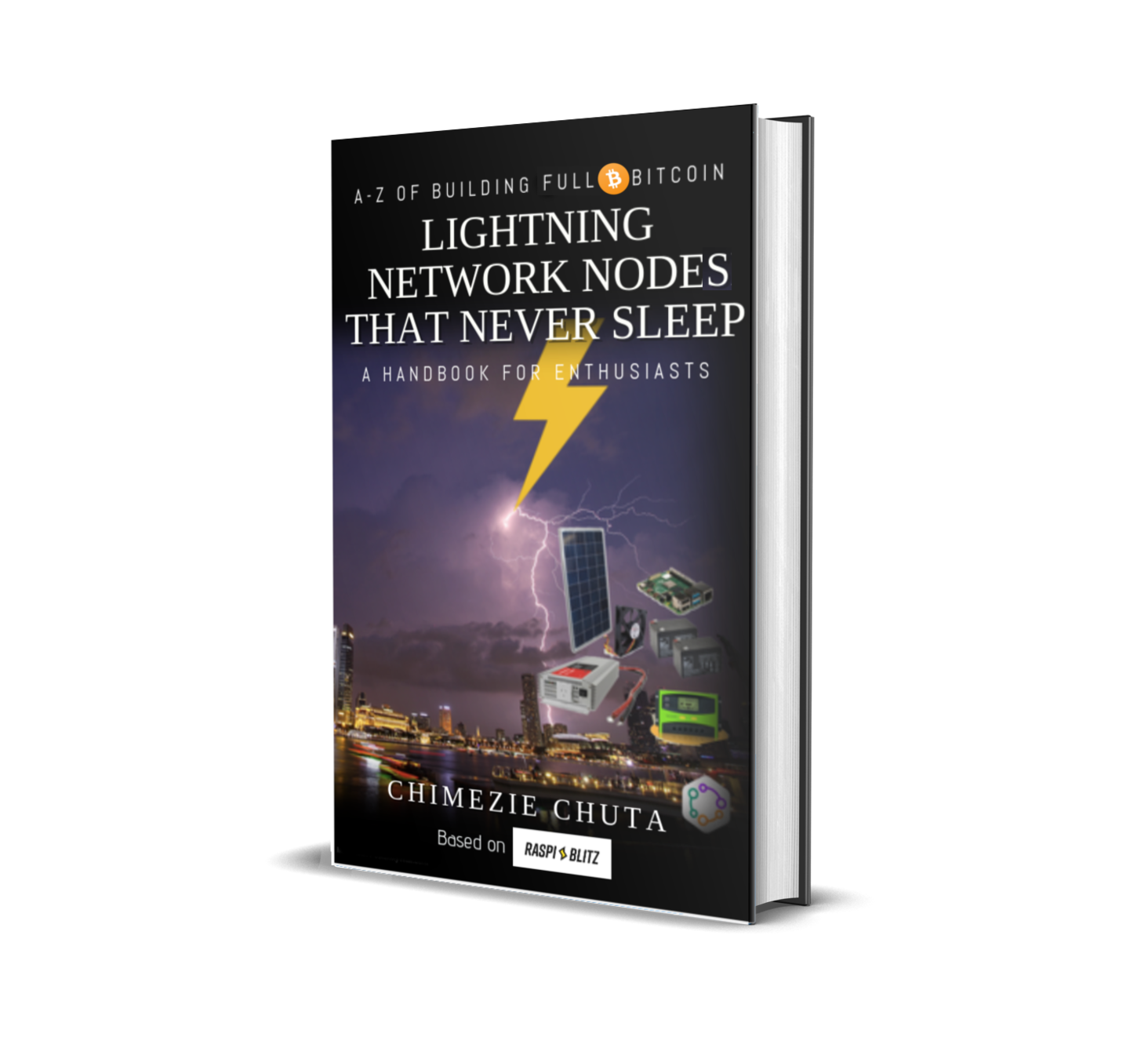Blockchain Technology
For Auditors
Smart Assurance, Risk & Governance techniques & Strategies.
Facilitated by EPAQ Nigeria LTD
An Online Training Program
October 4, 2020
Presenter: Chimezie Chuta, Lead Dev Blockchain Nigeria User Group
The Blockchain Technology
A combination of the openness of the internet with the security of cryptography gives everyone a faster, safer way to verify key information and establish trust.
A Distributed Digital Record of Transactions, Secure, Immutable, Append-only, Decentralized, Time-stamped, Hashed and Transparent.
Demo: http://www.blockchainnigeria.group/blog/explaining-bitcoin-hash-functions-newbie
The Blockchain Technology
READ: http://www.blockchainnigeria.group/blog/explaining-bitcoin-hash-functions-newbie
WHAT'S A HASH FUNCTION?
In the abstract, a hash function is a mathematical process that takes input data of any size, performs an operation on it, and returns output data of a fixed size.
HASH FUNCTION
Core
The Blockchain Technology
In Establishing Trust, the Blockchain provide a simple, paperless way to establish ownership of money, information and objects
An Address, A Public Key, A Private Key (a hash of the address data.)
When to use Blockchain Technology
When there is an advantage to having a public immutable record of something, blockchain is the answer. When there is no benefit, it doesn’t make much sense to use a blockchain. When this is the case, stand‐alone cryptography is the solution to the problem.
Some Blockchain Technology Use Case
Supply Chain Management
Digital Identity
Voting
Fundraising (Security token offerings)
Healthcare
Notary
Intellectual Property (IP)
Land Registry
Asset Tokenization
Decentralized Finance
Remmitances/ Payments
The Blockchain Technology
A smart contract is a piece of computer code that describes a transaction step by step. It can connect to multiple blockchains, tracking multiple assets, so it can swap those assets as needed to execute the transaction.
Smart Contract
The Blockchain Technology
It is a transformation that has already begun. Organizations—both the ones that it can help and the middlemen that will be at risk of disintermediation —will need to be prepared as the technology matures.
The New Technology of Trust
The Blockchain Protocols
The term “protocol” refers to the “cryptoeconomic rules” that are enforced by a blockchain in order to maintain distributed consensus across the blockchain's peer-to-peer network.
Blockchain Solves the double-spend problem!
I send you an asset and wholly relinquish its ownership!
Tokens
A “token” by definition is a representation of any fungible, tradable goods such as currency, loyalty points, gold certificates, in-game items, vouchers, IOUs, or even objects in the real world.
It represents that I own an underlying tradable asset.
NOTE: A Token is a Smart Contract!
Tokens
Digital "tokens" represent an exchange medium within a project
A token can act as a store of value.
A token can be bought, sold, or traded for profit
Tokenized assets Live On Blockchains
Tokenizing assets that are either very illiquid, like real estate, or that can be difficult to physically exchange, like gold, is an interesting concept for investors.
Very expensive assets such as Airplanes, Land or even Intellectual property can be tokenized and sold in fractions.
These transactions also require auditing!
https://www.etoro.com/
https://latoken.com/
Blockchain Technology opportunities in Auditing
Evidence Gathering
Transaction Validation & Verification
Compliance Evaluation
Transaction Reconciliation
Financial Reporting
Planning and Advising
Decision Support
Evidence Gathering
Whole Population Sampling will replace Traditional Methods.
Direct Access to Transaction history!
Transaction Validation & Verification
Real-Time Transaction validation by a pool of Miners & Node Operators
Record Verification and maintenance by all users.
Compliance Evaluation
Built-in Compliance with most recent standards, regulations, and laws.
Instant presentation of the underlying regulation to an operator.
Immediate detection of violations.
Transaction Reconciliation
Automating transaction reconciliation
Instant Settlement
Reduction of time spent on reconciliation and settlement.
Financial Reporting
Near real-time financial reporting.
Error and tamper-proof reports.
Less prone to fraud.
Planning and Advising
Auditors have complete and accurate records to quickly spot problems, prioritize plans, and find long-term patterns for modeling and prediction purposes.
Decision Support
Offering reliable and timely information stored on the blockchain to perform analytics.
Predicting the consequences of actions.
Facilitating Smart contracts by embedded analytical models, in other to identify trends.
Recommendations and Perspectives for Auditors & Auditing firms
Blockchain technology brings tangible challenges to the audit industry and calls for strategic transformation in this area.
To prepare for the changes brought by this disruptive technology, auditing professionals need to adjust and elevate themselves to the role of strategic partners.
Acquire competency in blockchain technology and governance of blockchain.
Audit firms could reach this goal by adjusting their hiring and training strategies.
Auditors should be able to assess the costs and benefits of adopting specific blockchains and provide advice on blockchain implementation for their clients.
Actively participate in blockchain development with an emphasis on risk control.
Audit firms should shift their focus to assess the effectiveness of risk management and advise on solutions and assurance for internal control.
Move to continuous auditing.
Blockchain applications make it feasible to conduct continuous auditing due to real-time access to transaction records.
Grow the advisory function.
With resources freed from traditional evidence collecting and testing, audit firms should consider applying appropriate data analytics in blockchain, and expand advisory services such as control design, change management, and blockchain governance
Common Challenges of Blockchain in Auditing.
In July 2017, an unknown hacker managed to steal nearly $32 million US dollars’ worth of Ethereum, one of the most popular virtual currencies.
The root cause of this fraud was not related to deficiencies in the blockchain technology but, rather, due to a vulnerability within the software that was used to manage Ethereum wallets. The fraud was quickly detected and related parity vulnerability mitigated accordingly, to safeguard the remaining wallets.
Audit processes need to shift towards the assessment of operating effectiveness of the internal IT controls.
Create automated controls to validate transactions before they are executed.
Although blockchain technology offers inherently secure properties, it is humans that code the necessary software to integrate and interface with blockchain.
Humans are fallible and corruptible.
What is Smart Contract Auditing?
Smart contract audit is the thorough scrutiny of the code that is used to underwrite the terms of Smart contract. It involves meticulously analysing the code to find and correct bugs, vulnerabilities and error in business logic.
Smart Contract Auditing.
5 Essential Steps in Smart Contract Audit.
(1) Requirements gathering
Understanding the intended behaviour of the smart contract through white papers or business requirement documents.
(2) Automated Testing
Putting unit test cases to use and ensuring there are no syntactical or run-time errors in the smart contracts.
5 Essential Steps in Smart Contract Audit.
(3) Manual review
Conducting a manual review of the smart contracts and identifying critical, major & minor bugs along with the recommendations.
(4) Preparing Initial Audit report
A document is prepared to highlight & solve the critical, major and minor bugs and developers work on refactoring the code.
(5) Final Audit report
The Initial Audit report is edited & the refactored code is used to prepare final audit report along with our approval.
Wrapping up
Questions?
Get My Books!



Contact Me
https://web.facebook.com/chimezie.chuta
https://twitter.com/mezie16
https://www.linkedin.com/in/chimeziechuta
https://slides.com/chuta
http://blockchaindev1000.com
http://kinesis.Money West Africa Advisory,
CEO@ http://blockspace.africa | https://blockspace.shop
Coordinator: Blockchain Nigeria User Group
http://blockchainnigeria.group